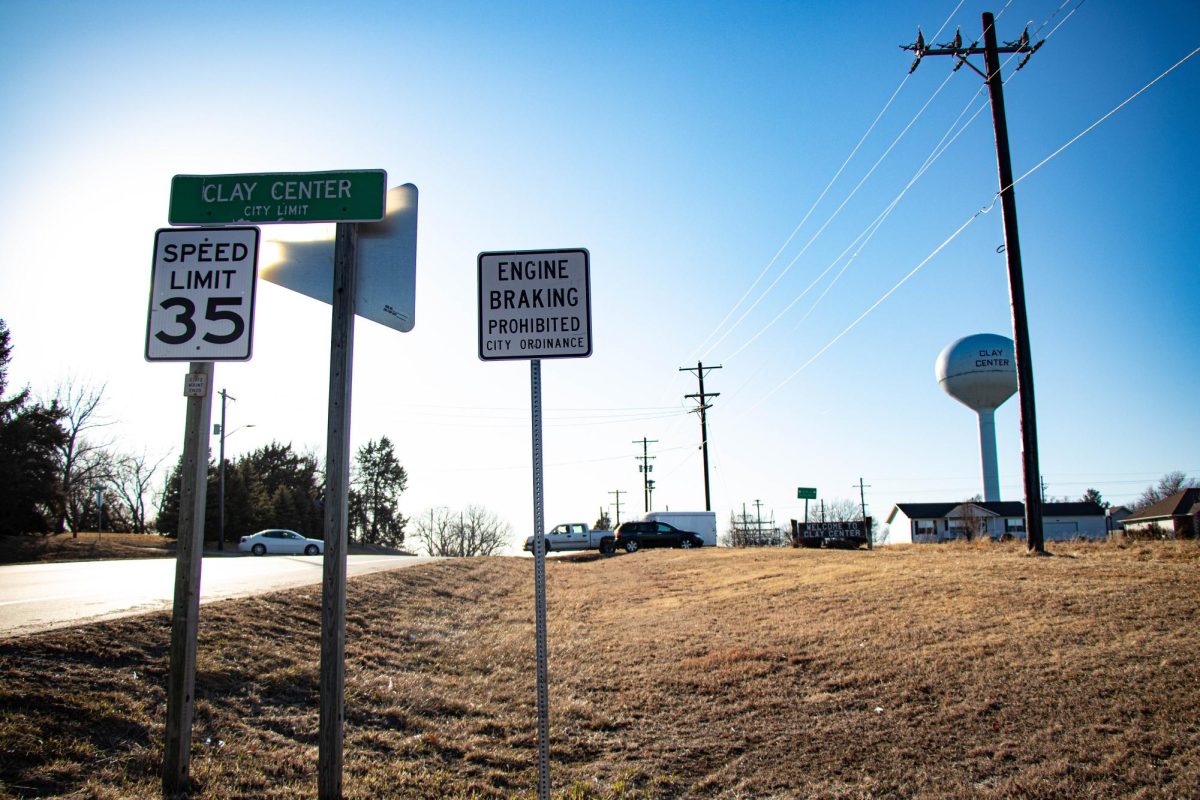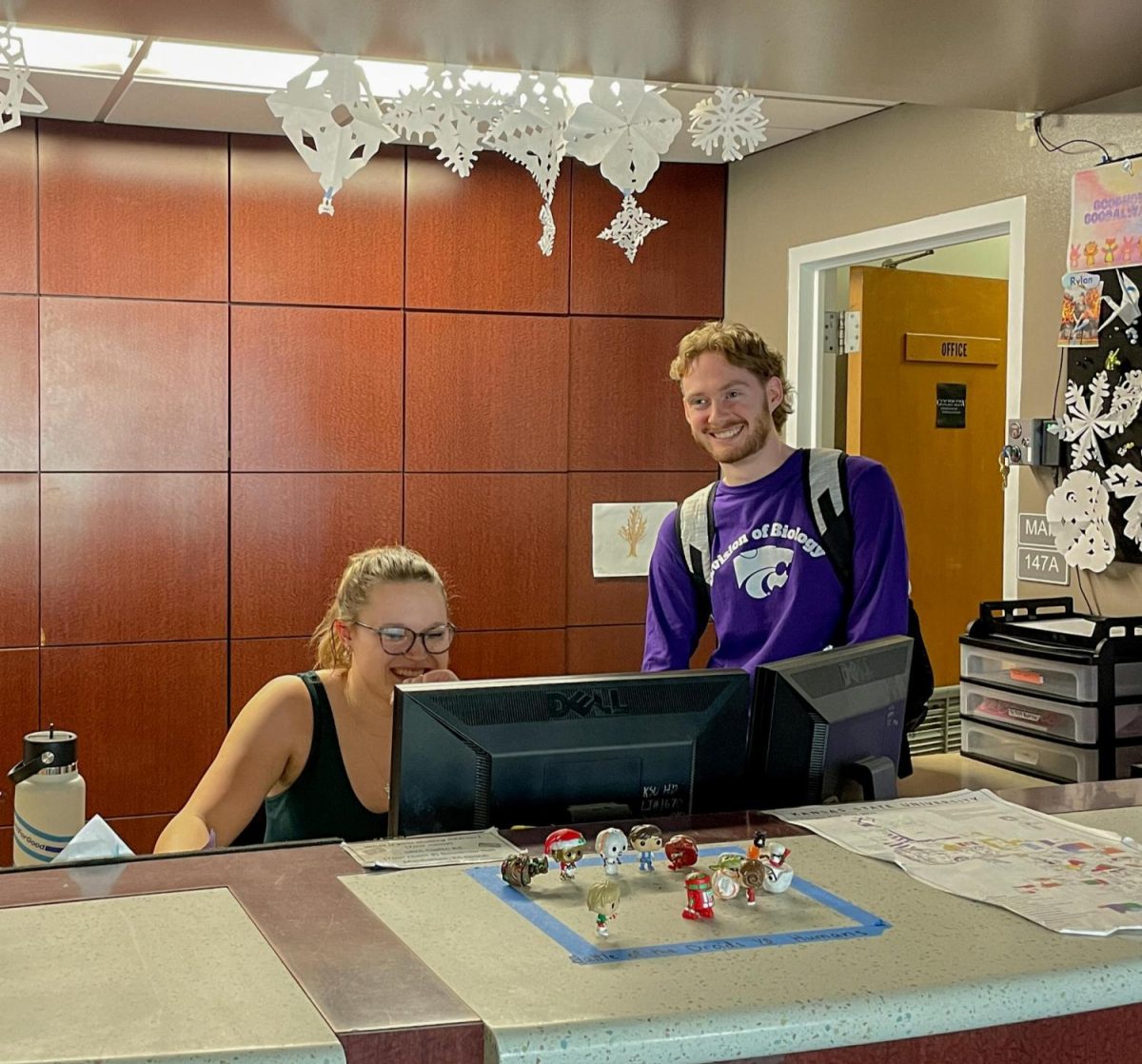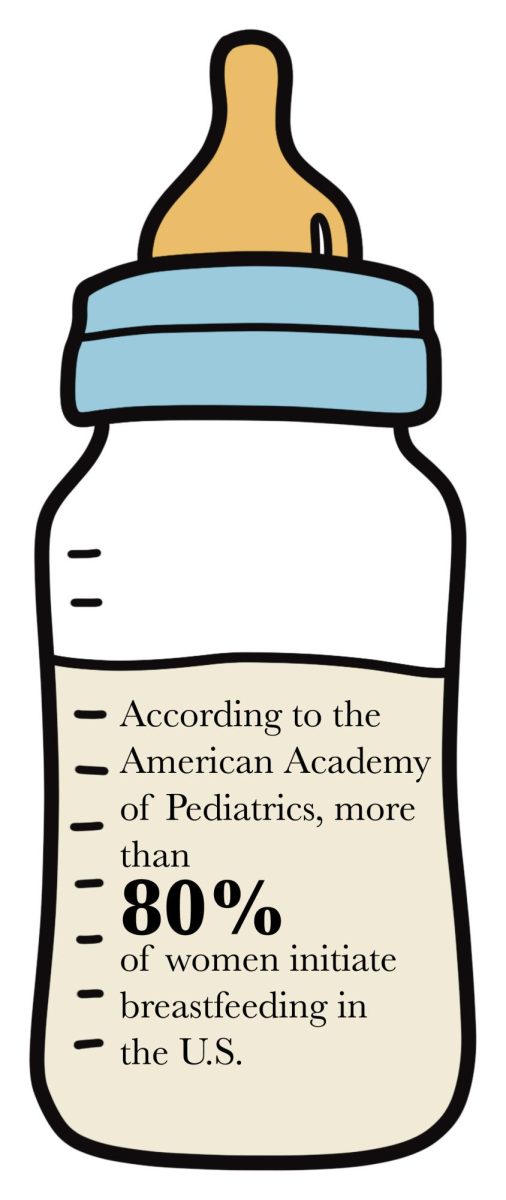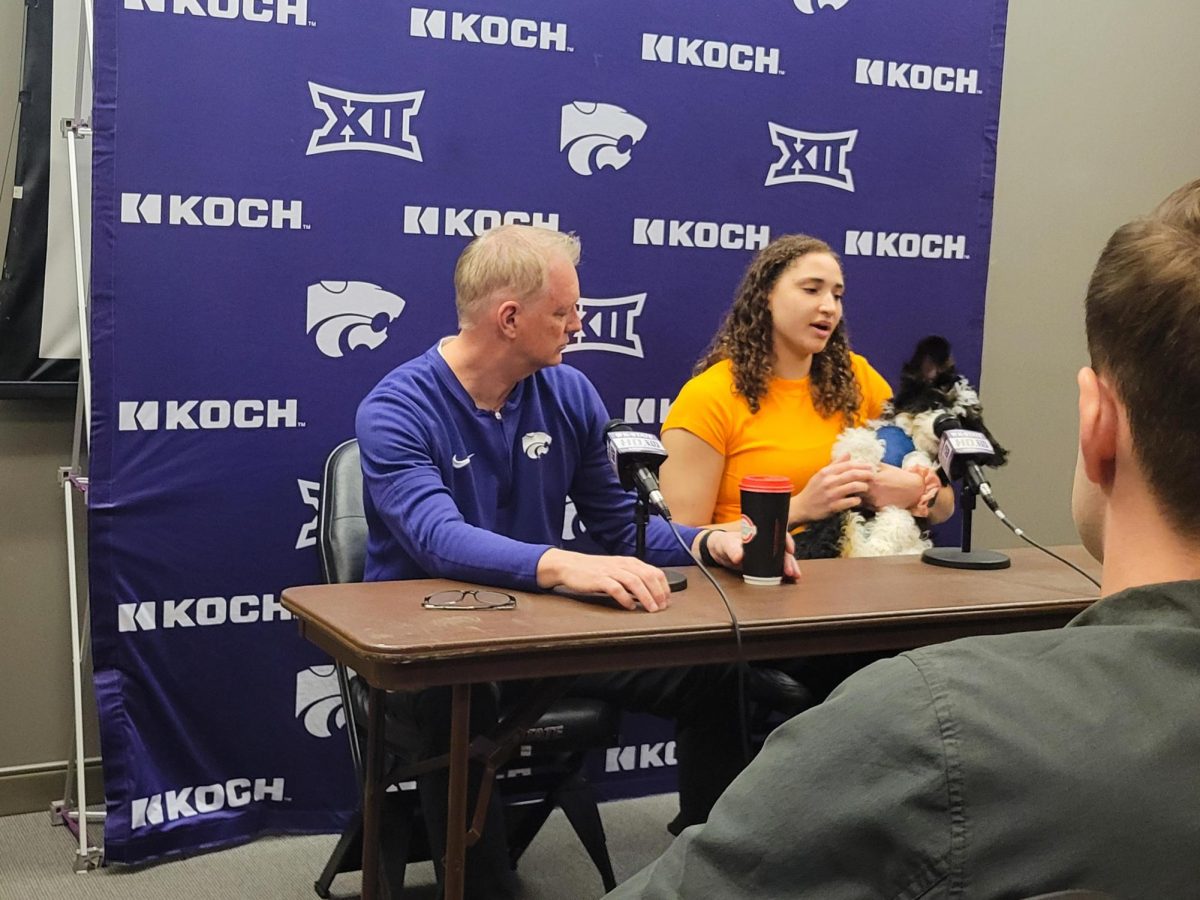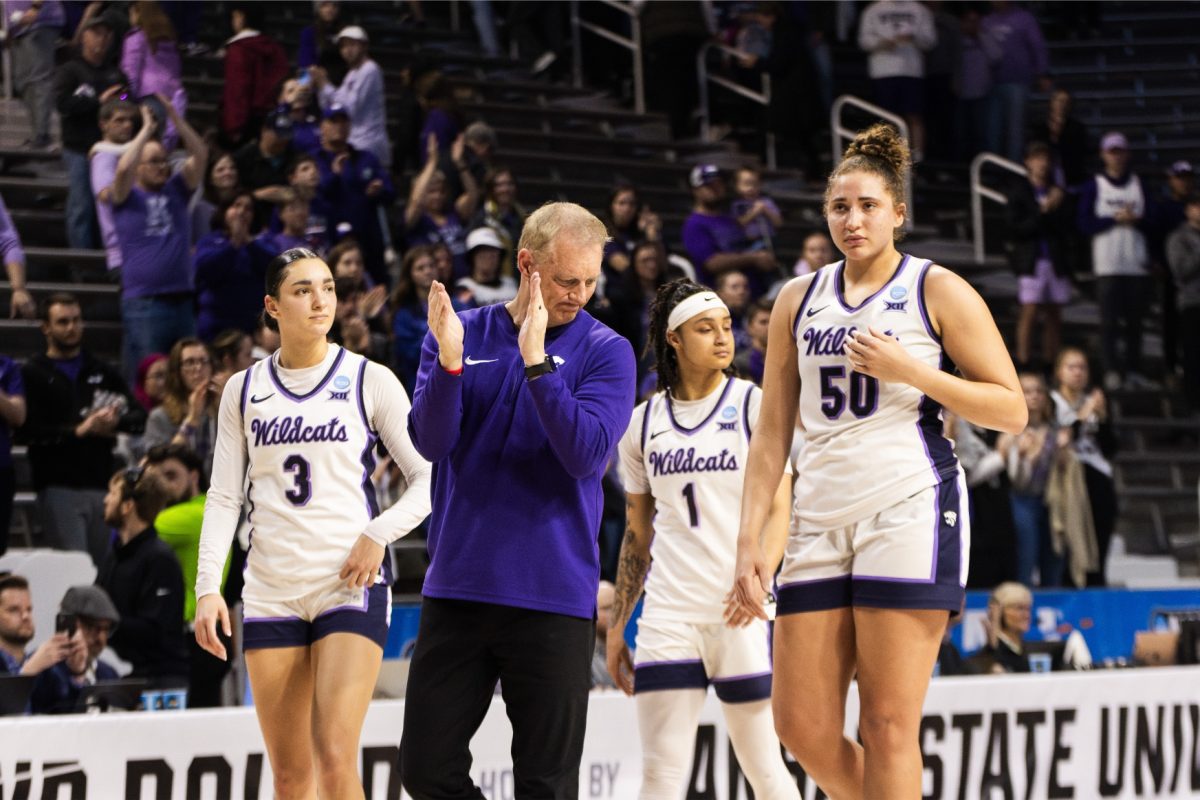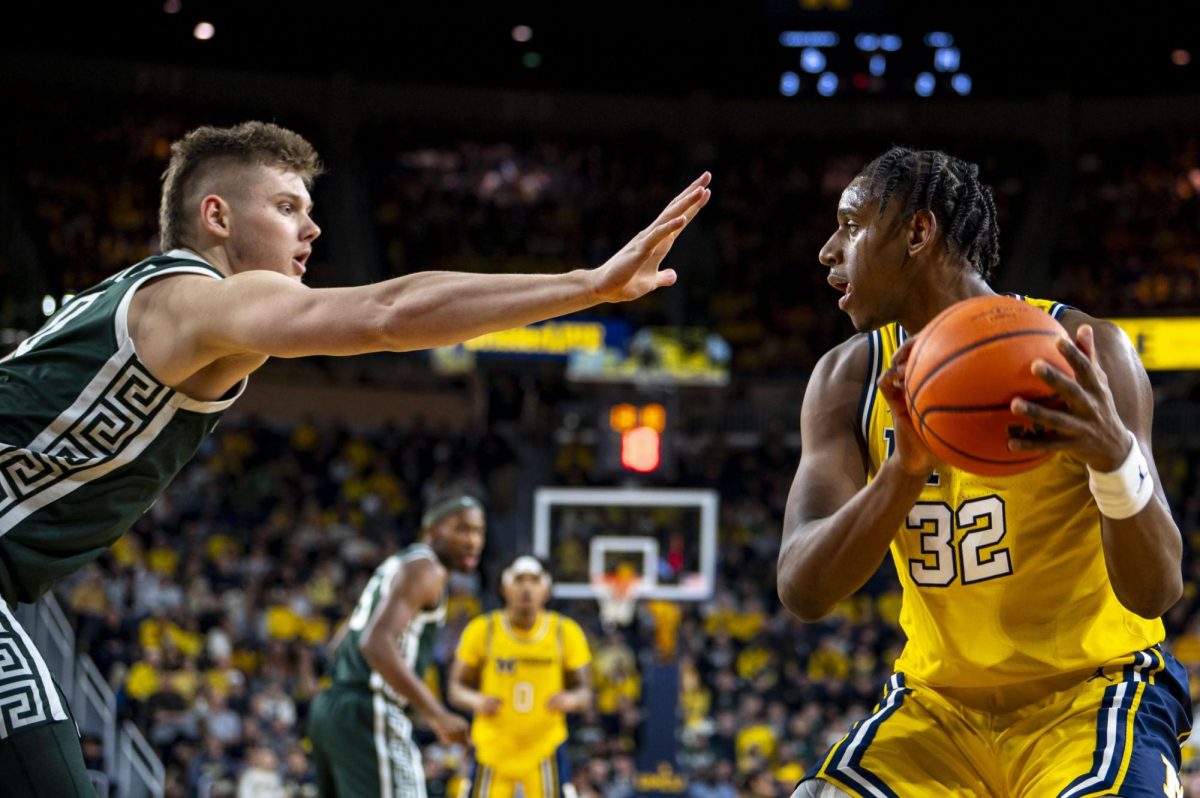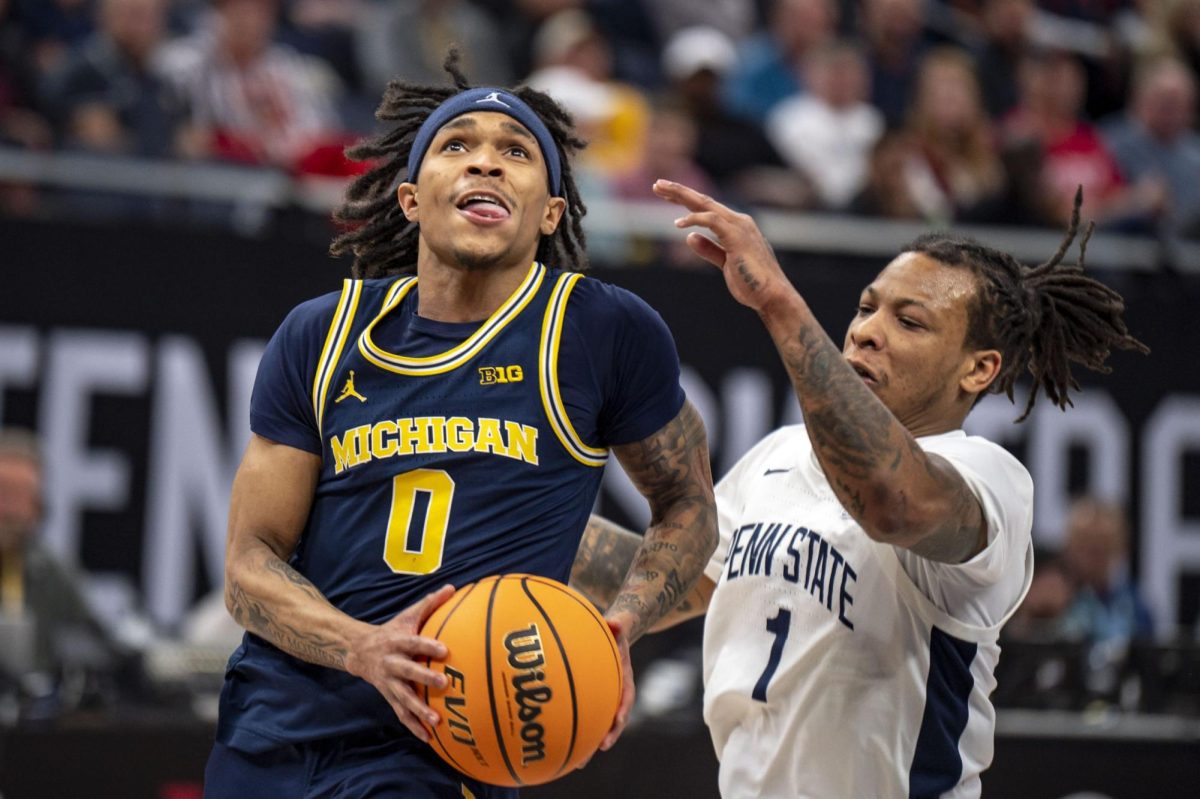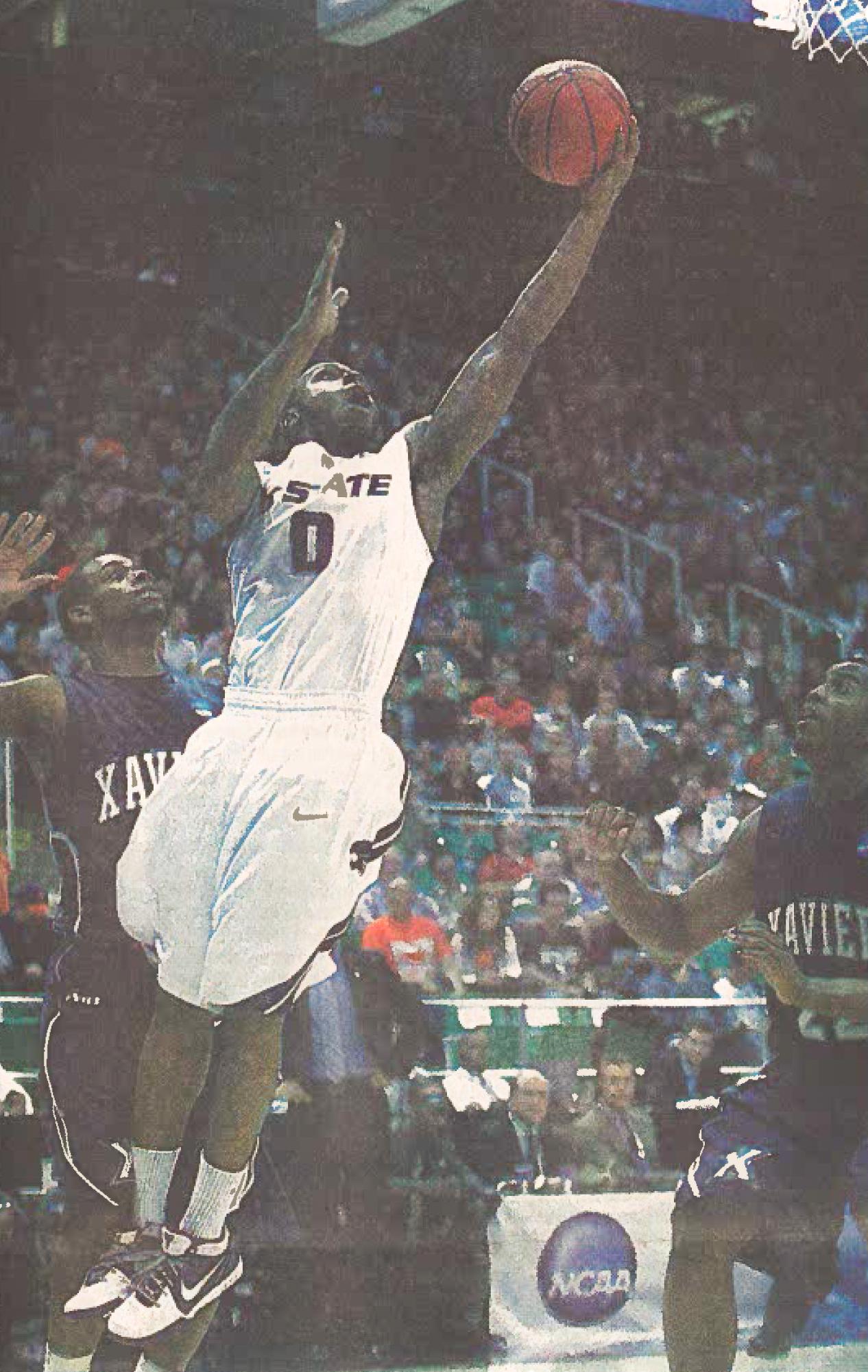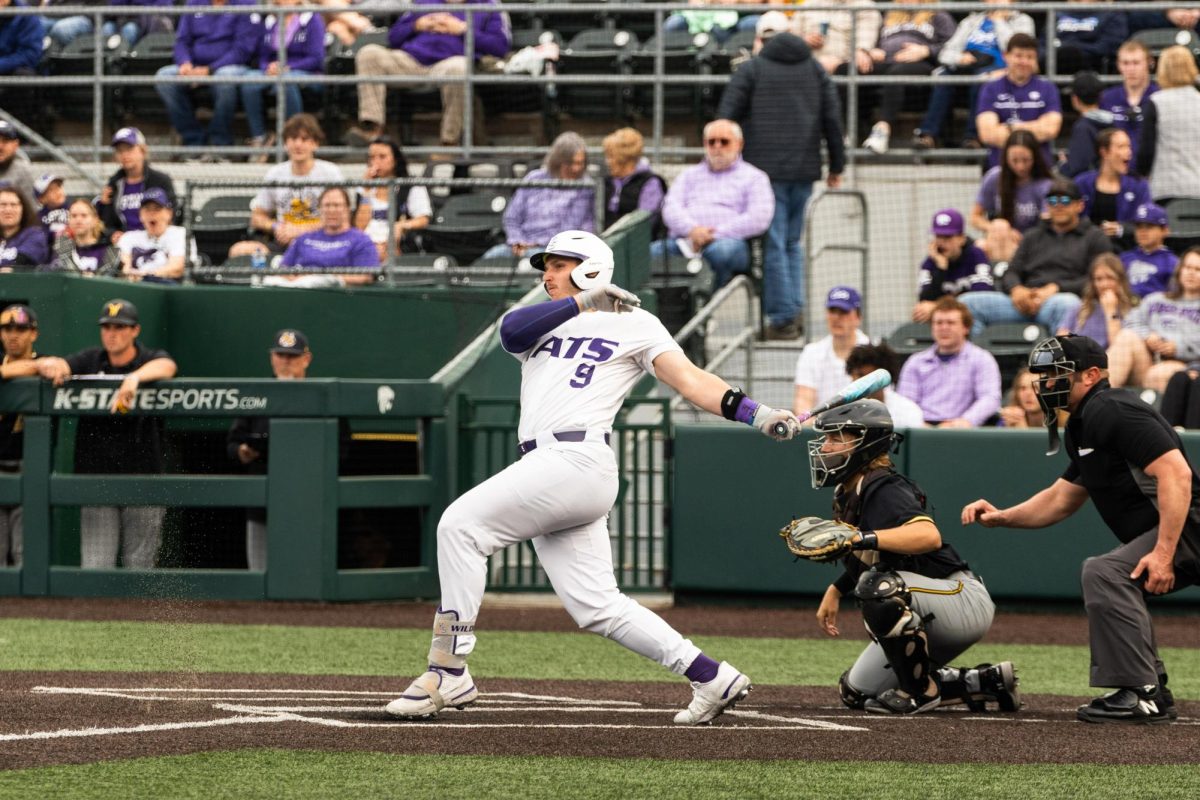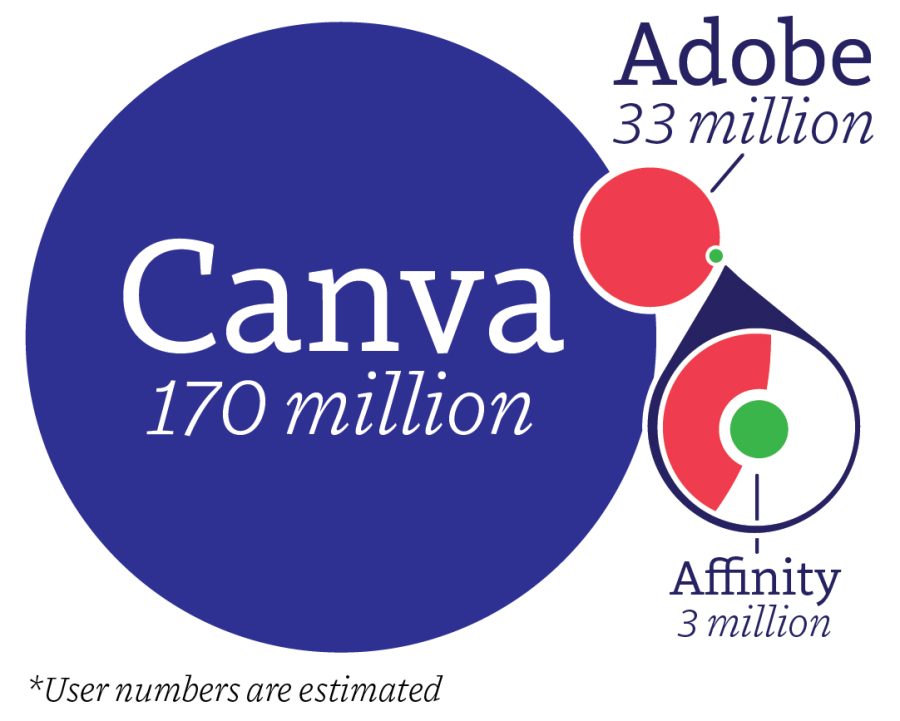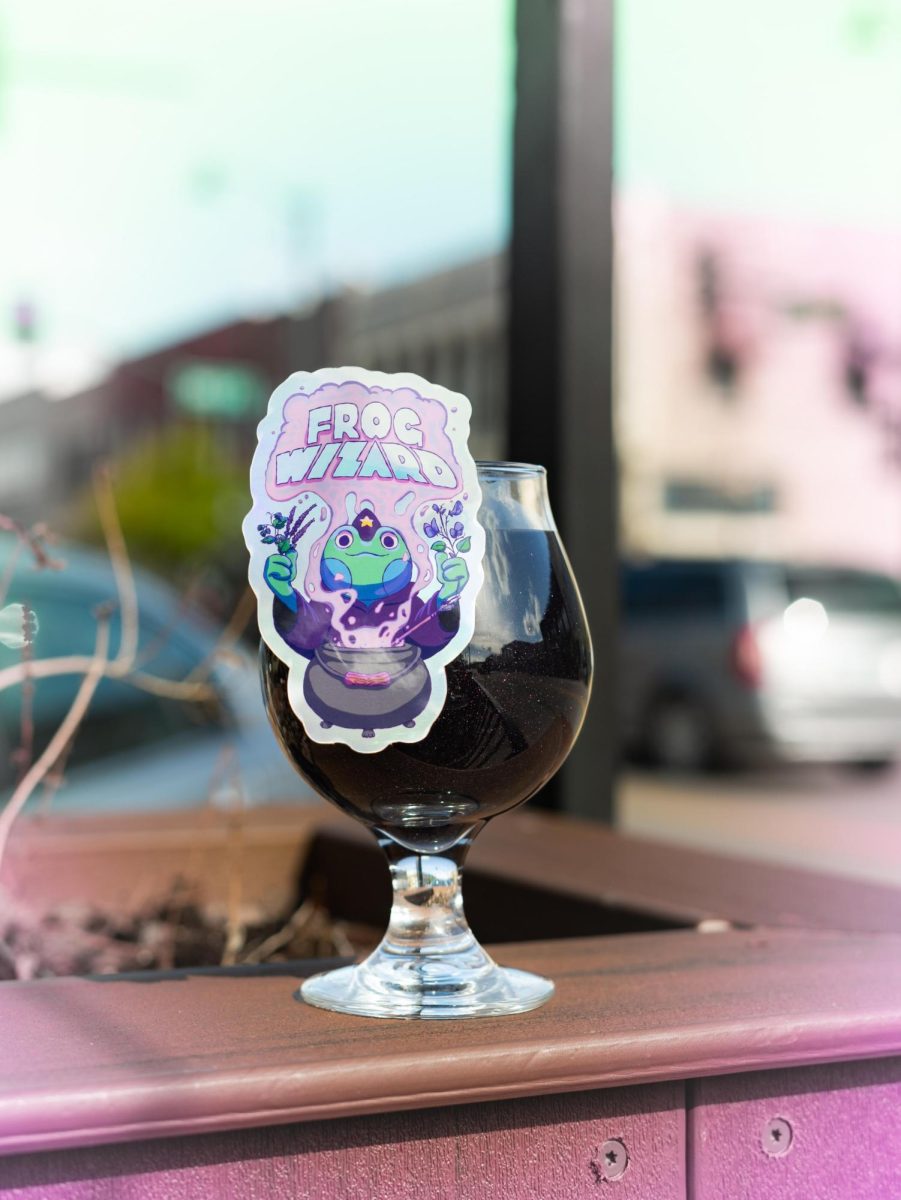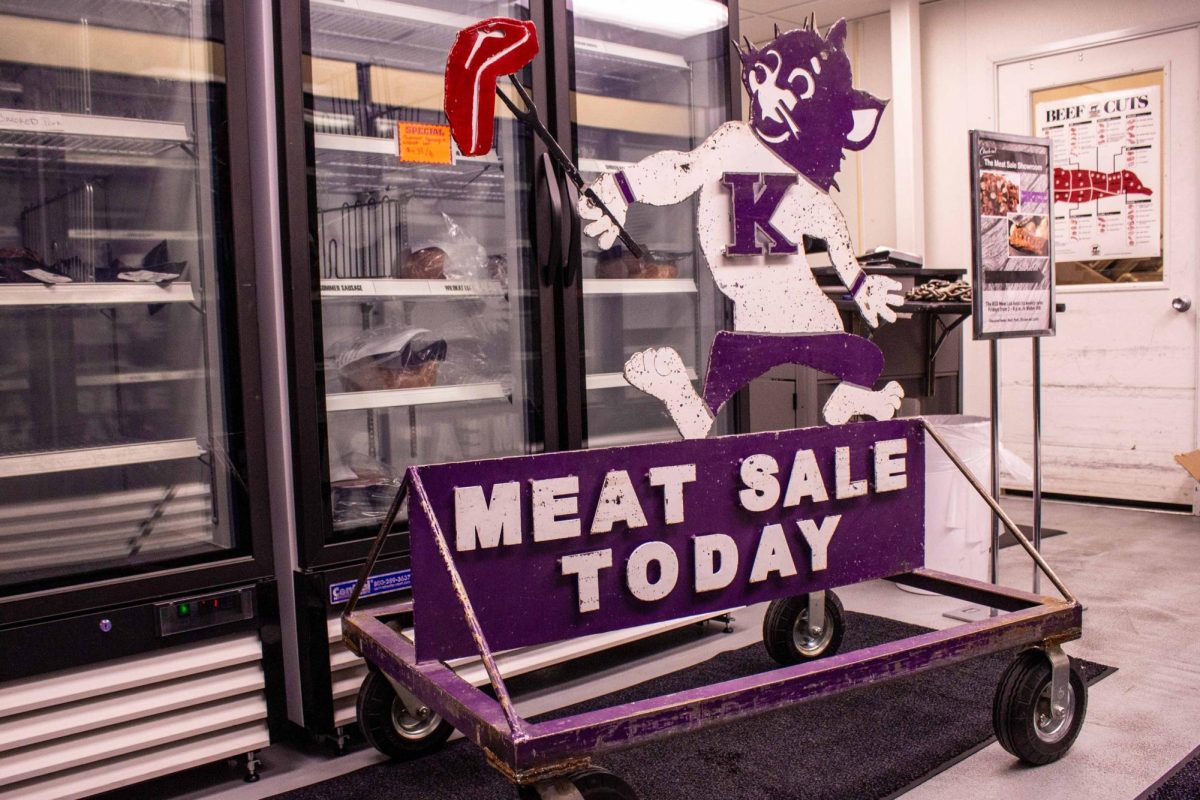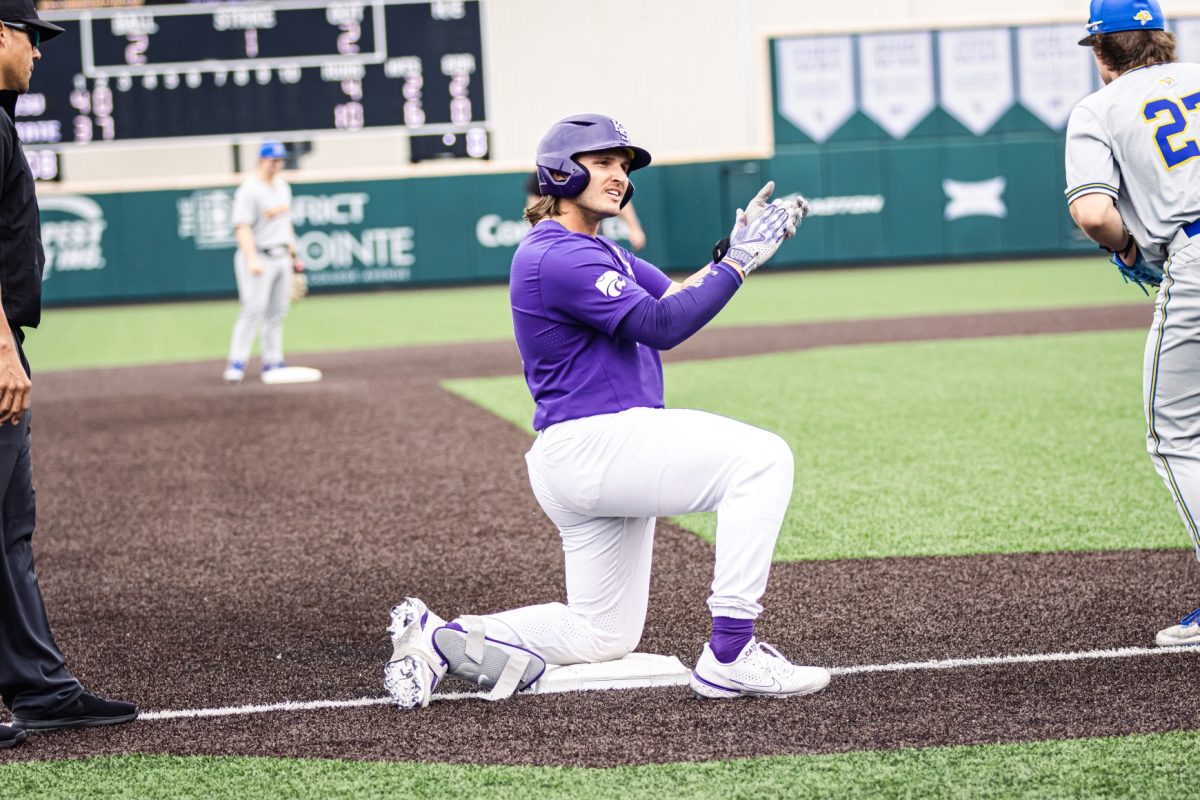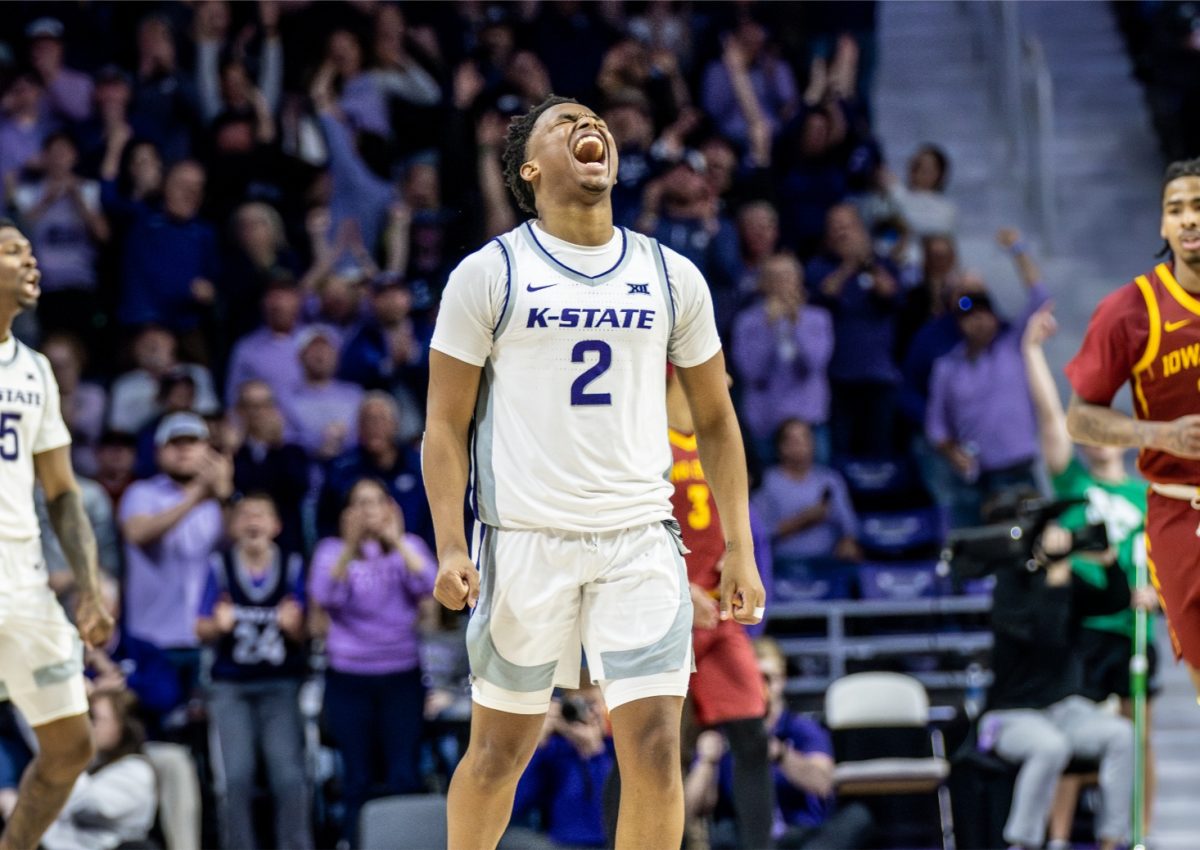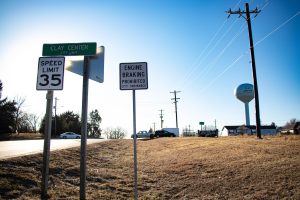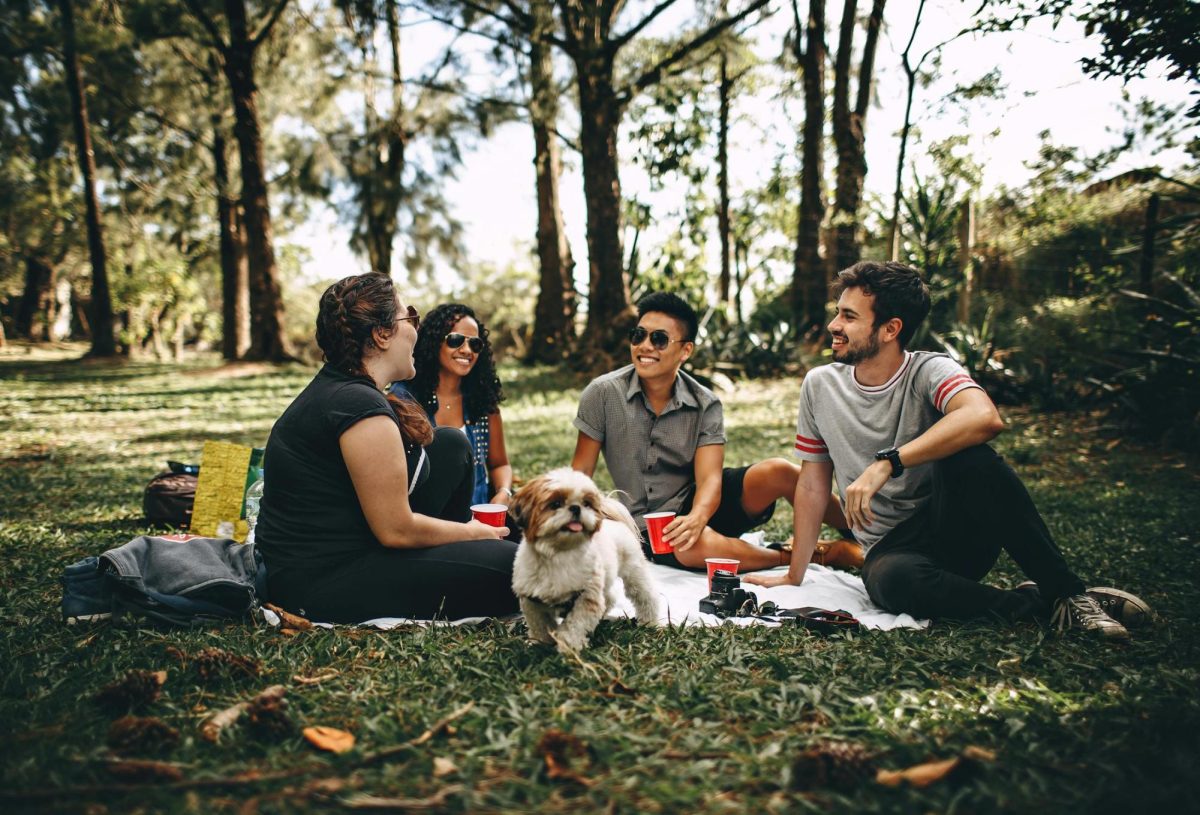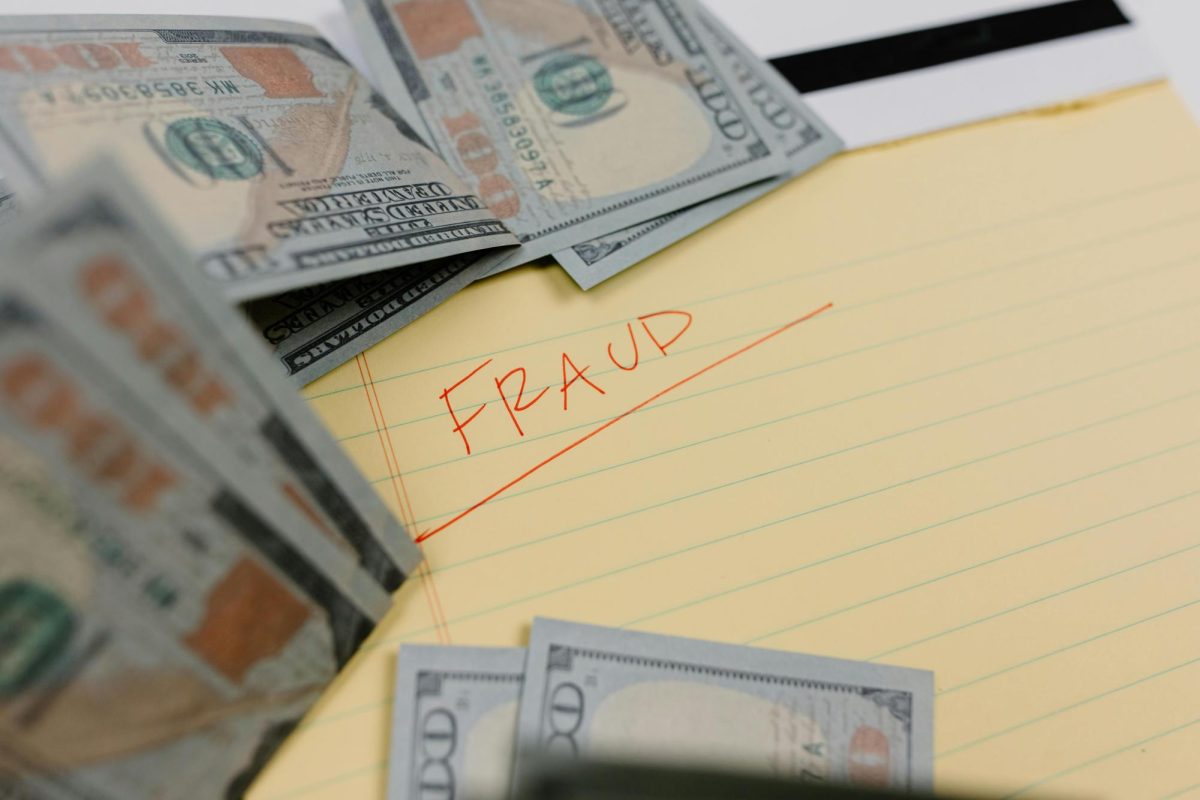A used car is an excellent investment for a number of reasons. There are fewer dealership and registration fees on used cars, and they are cheaper to buy, insure, and register.
The benefits and drawbacks of buying a used vehicle are numerous. Choosing the right one will serve you for a long time, but if you choose the wrong one, it will cause you some trouble.
It’s a big deal to buy a car, regardless of whether you buy it from a dealer or a private seller. Making the wrong decision can be very costly.
It has become increasingly difficult to purchase a used car in California because of flash floods and an increase in auto fraud cases. Be careful when purchasing a used car if you are in the market for one now. The following tips will ensure that you do not buy a flood-damaged car.
What to look for when buying a used car in California
There is a major concern for many people buying used cars in the California area that they may unknowingly purchase flooded vehicles.
A flooded vehicle’s parts can become damaged if submerged in water for some time. There will still be problems with these cars even after they have been repaired.
California license plate lookup tool online, you can protect yourself when shopping for a used car.
Make sure you understand your pricing options. There will be a difference in price depending on where you shop. In general, private-seller cars are the least expensive, while Certified Pre-Owned vehicles (CPO) are the most expensive. CPO vehicles are backed by long-term warranties from their manufacturers, not just their dealerships. A franchised dealership is the only place you can purchase a CPO vehicle.
Are you a private or a dealership? When it comes to buying from a private party versus a dealership, there are pros and cons to consider. You may get a better deal if you buy from a private party. A refund may be harder to get if there are no warranties.
Dealerships may charge you more if you buy from them. Nevertheless, dealers must generally provide you with a short warranty to have a safety net in case of a problem. Dealers may also handle insurance, taxes, and registration.
Your budget and time dictate what you should do.
Buying from a dealer: tips for success
The first thing you should do before you enter a dealership is to find out how much the car costs on the market. Starting at a low price and working your way up is a good way to bid. Deals and sales that promise a few thousand dollars off from the sticker price should be taken seriously. A maximum price should also be in mind. The option to walk away allows you to negotiate a lower price with the salesperson since it shows that you’re not easily swayed.
Keeping monthly payments out of the discussion with a dealer is recommended by the LA Times. This is because dealers may trick customers into paying more than they are aware of. Do not consider the car’s individual price but rather its total cost.
Instead of discussing everything at once, separate your negotiations. Consider structuring your conversation around the price, then financing, then extras (like warranties), and finally, the trade-in’s value (if applicable).
The price of the car is not the only thing that’s up for negotiation; remember that everything is. A variety of loan packages, extended warranties, insurance policies, and anti-theft devices can be considered. When comparing quotes, be sure to compare what you’ve found on your own to what the representative is offering.
A California insurance policy that allows you to return the car within two days is available for cars costing less than $40,000.
Buying from a private seller: tips for success
In addition to asking for the VIN, getting the car inspected by a mechanic, and taking it for a test drive, you should follow all of the above advice when going through a private seller. You will, however, have to transfer the title and registration, and obtain license plates, unlike purchasing from a dealership. You can find information about buying and changing vehicle ownership from the California DMV here, including the necessary forms.


